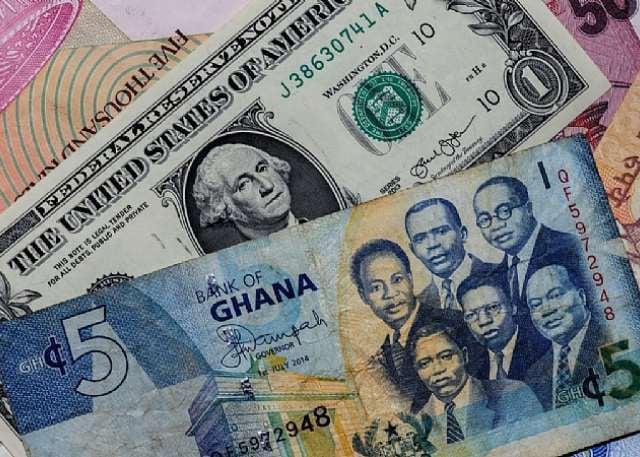The Ghanaian Cedi’s Performance Against Major Currencies on July 9, 2025: A Comprehensive Overview
The Ghanaian cedi experienced notable fluctuations against major international currencies on Wednesday, July 9, 2025, with varying rates observed across different market segments. Cedirates.com, a trusted Ghanaian platform tracking currency and fuel prices, provided a snapshot of the cedi’s performance. The data reveals a complex interplay of market forces influencing the cedi’s value against the US dollar, British pound, and the euro. This summary delves into the specific rates observed in various exchange environments, including forex bureaus, the Bank of Ghana interbank market, and money transfer platforms, providing a comprehensive overview of the cedi’s trading landscape on that day.
Forex Bureau Rates: Forex bureaus, which cater to individual currency exchange needs, offered rates generally less favorable to the cedi compared to the interbank market. The US dollar was being bought at an average of GHS12.00 and sold at GHS12.35. This marked a significant difference from the interbank rates, indicating a wider spread for forex bureau transactions. For the British pound, the buying rate averaged GHS13.92, while the selling rate reached GHS14.83. The euro saw buying and selling rates of GHS12.05 and GHS12.79, respectively. These figures highlight the premium charged by forex bureaus, reflecting their operational costs and profit margins.
Bank of Ghana Interbank Rates: The Bank of Ghana interbank market, where financial institutions trade currencies, displayed a more stable and generally stronger cedi. The US dollar traded at GHS10.34 for buying and GHS10.36 for selling, indicating a much narrower spread compared to forex bureaus. This tighter spread reflects the larger transaction volumes and lower overhead costs associated with interbank trading. The British pound’s interbank rate stood at GHS14.07, while the euro traded at GHS12.13. These interbank rates serve as a benchmark for the overall market and are typically more reflective of the cedi’s underlying value.
Money Transfer Platform Rates: Money transfer platforms like LemFi and Afriex offered competitive rates for remittances from the US or UK to Ghana. For US dollar transfers, LemFi offered a rate of GHS10.30, while Afriex offered GHS10.36. These rates are generally more favorable than forex bureau rates, highlighting the competitive landscape of the remittance market. For British pound transfers, LemFi provided a rate of GHS14.07, matching the Bank of Ghana interbank rate, while Afriex offered GHS14.13. For euro transfers, Afriex quoted GHS12.17, and LemFi offered GHS12.12. These platforms provide an alternative avenue for currency exchange, often offering better rates due to their digital-first approach and lower operational costs.
Digital Subscription Payment Rates: For digital subscription payments using Visa and Mastercard for services like Netflix, Spotify, and Apple Music, the exchange rate stood at GHS11.18 for both card types. This rate falls between the interbank and forex bureau rates, likely reflecting the processing fees and international transaction charges associated with these platforms. It underscores the variation in exchange rates depending on the specific transaction type and the payment method used.
Comparative Analysis and Implications: The variations in exchange rates across different platforms highlight the importance of comparing options before conducting currency transactions. The wider spreads at forex bureaus reflect the higher costs associated with their services, while the competitive rates offered by money transfer platforms demonstrate the benefits of digital remittance solutions. The interbank market rates provide a baseline for the cedi’s value, influenced by macroeconomic factors and trading activity between financial institutions. Understanding these different rate structures empowers individuals and businesses to make informed decisions when exchanging currency.
Factors Influencing Cedi Fluctuations: Several factors can contribute to the fluctuations observed in the cedi’s value. These include global economic conditions, commodity prices (especially gold and oil, which are major Ghanaian exports), investor sentiment towards emerging markets, and domestic economic policies. The interplay of these factors creates a dynamic exchange rate environment, with the cedi’s value subject to both short-term volatility and longer-term trends. Monitoring these factors is crucial for understanding and anticipating future movements in the cedi’s exchange rate against major international currencies.


